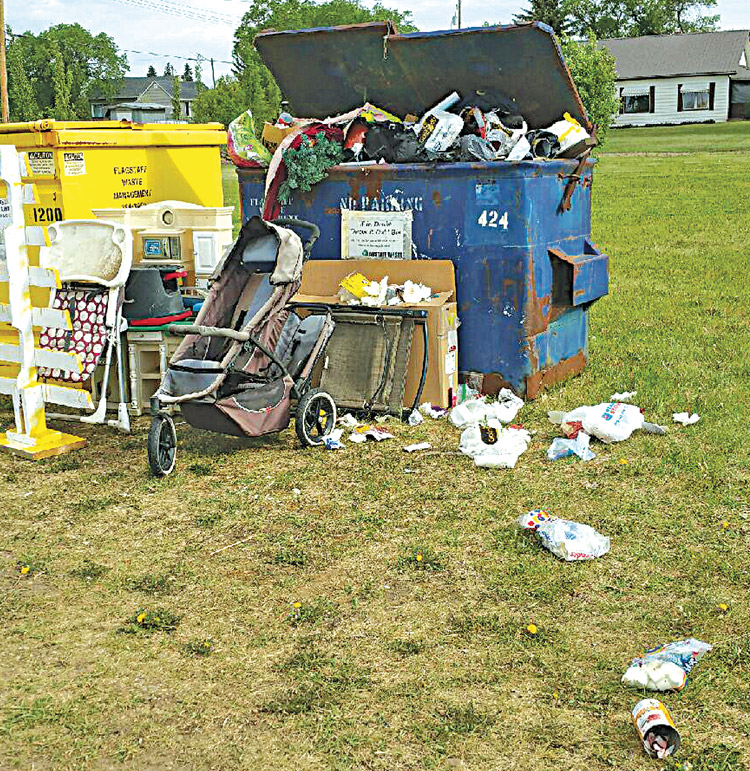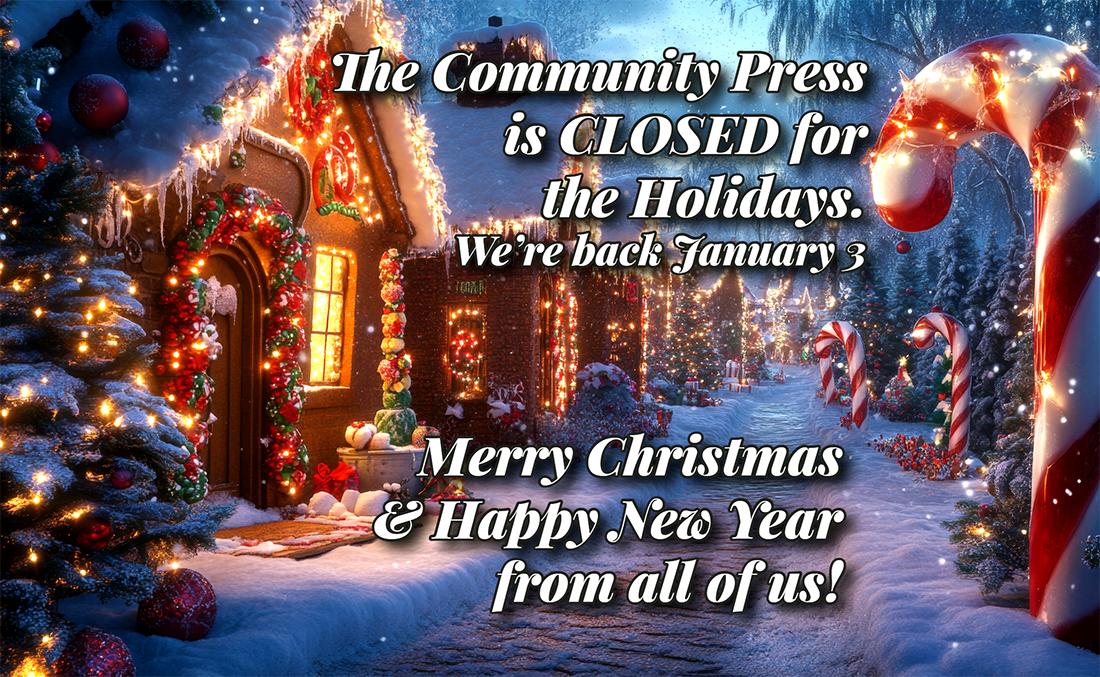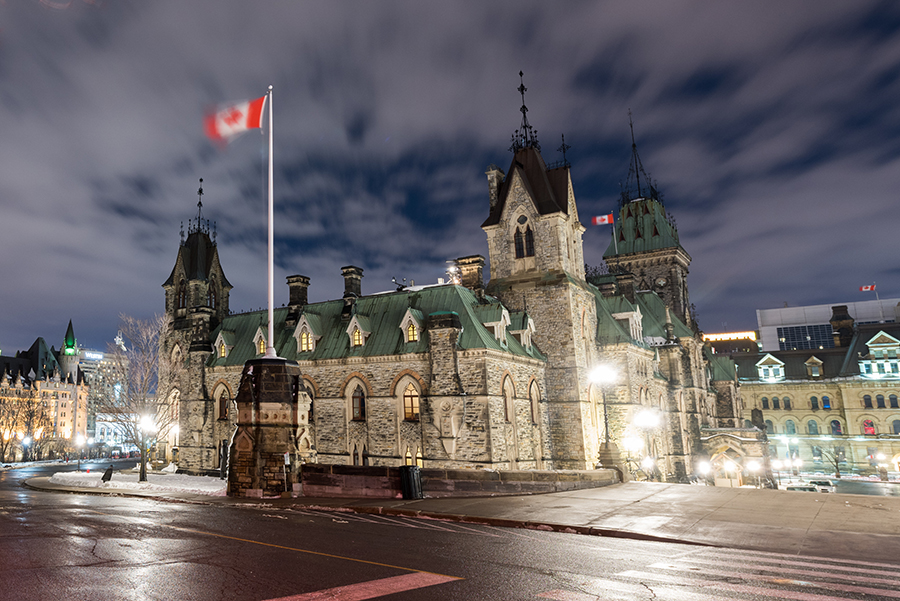Loss of markets and gross abuse spark immediate changes to Flagstaff Waste’s new Recycling Program

The board of Flagstaff Waste Management, comprised of elected officials from every member community in Flagstaff County and Rosalind, have recently voted to amend the recycling program by pulling out of plastics recycling altogether for the time being.
Councillors heard from Murray Hampshire, Manager of Flagstaff Waste Management, and David Dahl, Diversions and Recycling Program Director, that there is presently no market for plastics in the province.
Flagstaff Waste discontinued co-mingled recycling collection, where tin, plastics, newsprint, and cardboard were all collected in the yellow bins when China virtually closed the doors for recycled plastics in early 2018.
“For most of 2018, new markets were developed in southeast Asia and India for plastic materials, but the amount of material collected overwhelmed those markets and drove the value for the material to all-time lows.
“Recently India imposed more stringent contamination controls and Malaysia banned plastic imports entirely.”
Dahl says Cascades Recovery, one of the markets that Flagstaff Waste uses for recycling products, is not accepting any comingled plastics, and another, GFL, is now charging $150/tonne to sort and remove contamination from mixed plastics.
Flagstaff’s yellow bins collect about 20 tonnes of material each year, but only 55 per cent of this volume has a market, so the rest has to be removed manually, with costs for manpower, or through automation, at $150 per tonne.
What’s left, just over 10 tonnes, represents half of one percent of all materials recycled at Flagstaff Waste, but costs for plastic recycling keep rising.
Processing costs equal $3,000 per year. Collecting and emptying bins about six times per year costs $3,600. Processing and baling the plastic costs $4,200 in a year, bringing the total cost of collecting and processing plastics to more than $1,000 per tonne.
Putting it in the landfill, estimates Hampshire, costs about $1,800 every year at $90 per tonne.
Flagstaff Waste asked Councils to vote to discontinue plastic recycling until markets improve, or a new market is discovered. Dahl says that he hopes this change could also be an opportunity to speak to problems of recycling contamination, excess packaging, and the impact that personal buying decisions can make on consumer products.
Initially the change was to take place July 1, but it has been changed to Aug. 1 for removal of all plastics bins.
Flagstaff Waste even provided, for free, a bin they called the “If in doubt,” bin, trying to make recycling as simple as possible for Flagstaff residents.
Unfortunately, these bins, meant only to accept those things taken to recycling by accident to be disposed of neatly, ended up as repositories for household garbage, large items, even mattresses, to the point where two communities had the “If in doubt” bins pulled altogether for gross misuse.
The bins were offered to every community free for a six-month period until recyclers became accustomed to the new rules.
They were placed near recycling centres in Daysland, Forestburg, Galahad, Killam, Sedgewick, and Strome. Some member Councils refused the bins altogether, having had bad experiences in the past with bin misuse.
At the end of the six month trial period, Strome and Daysland recommended the service be discontinued. Forestburg, Galahad, Killam, and Sedgewick found the use to be mostly appropriate, and voted to keep the ‘If in Doubt’ bins, while Rosalind, Heisler, Alliance, Hardisty, and Lougheed remained happy with their choice not to bring the bins into the recycling areas.
Read the FULL STORY in the latest edition of The Community Press – available on newsstands now!
Never miss an issue – become a subscriber today! Click here!
Print is still the most effective medium. Attract LOCAL customers by supporting LOCAL media. ADVERTISE!
ads@thecommunitypress.com
Leslie Cholowsky
Editor









